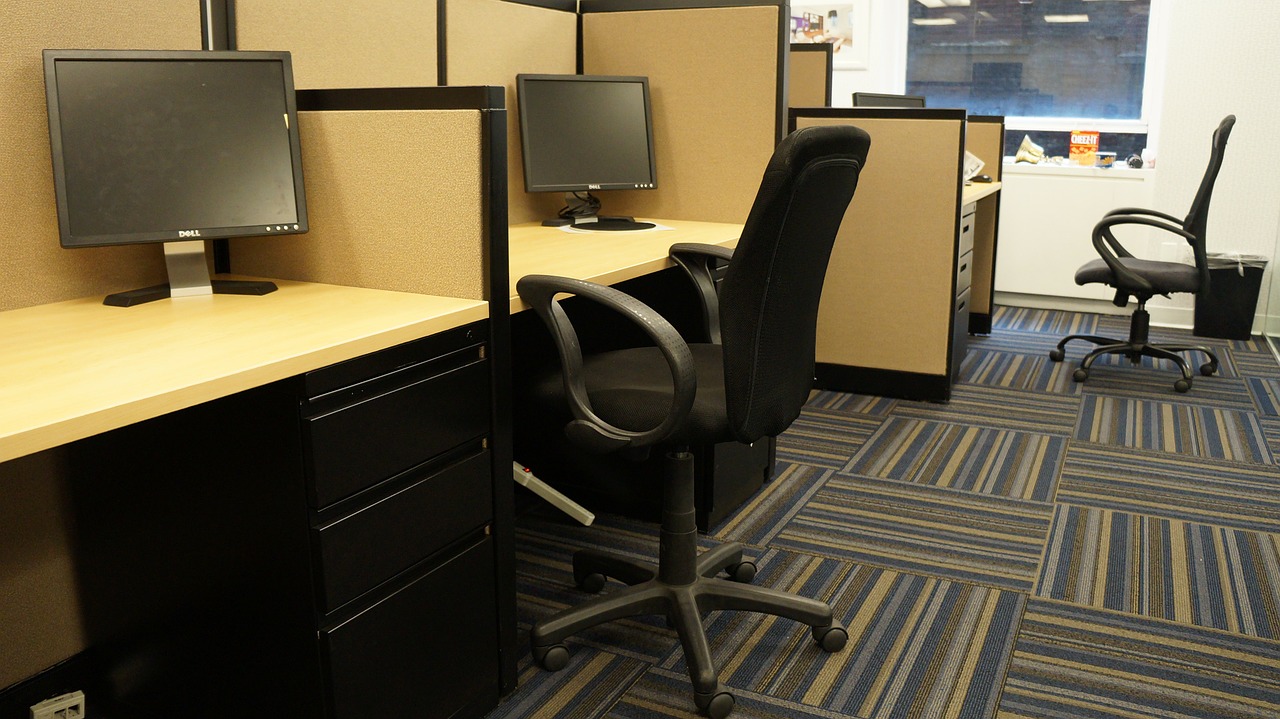As a hard-working employee or entrepreneur how many times do you wonder if sleep is a luxury you just can’t afford?
Actually, sleep isn’t a luxury but a necessity. Lack of sleep can affect your health by increasing your risk of heart diseases and heart attack, high blood pressure and diabetes. Sleep deprivation also negatively affects your alertness, concentration and problem solving.
These are problems that none of us want, here are a few steps I’ve started taking to sleep better:
1) Turn Phone Notifications Off
Even after the workday is done, many of us are still connected to work via electronic devices and doing small work-related tasks into the night. After moving to the UK, this was more apparent as messages from the US and Caribbean time zones could be received mere hours before bedtime. To reclaim your time, either turn your device notifications off or set the device to only allow notifications during your awake hours. I like to set mine to a 12-hour period with enough time before sleep and after sleep in the morning to have a buffer.
2) Stop Working So Late
Unless you find your most productive hours are during the night, not pushing yourself to work late into the night could aid in a more restful sleep. Instead of trying to force tasks that would take you less time while alert, use your last couple hours of awareness to relax your mind. Having an alert mind right before sleep will only prolong the length of time it takes to drift into sleep.
3) Avoid Devices or Blue Light
The light emitted by the sun, lights or devices can affect our sleeping patterns. Many of our electronic devices produce ‘blue light’, which encourages us to be more alert. Retreating from your device before sleep would remove this effect and allow your body to relax enough for a better sleep. However, for those of you who are like me and still use devices late, I’d suggest software like f.lux, which changes your device screen colour to match the natural light of that time of day, enabling your body to naturally adjust into the sleep phase.
Is lack of sleep something that you’re concerned about?
Would you like to track your sleeping patterns with your mobile phone?
Source(s): WebMD, Entrepreneur,

